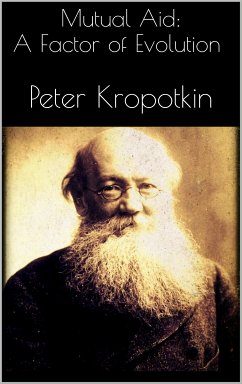In 'Social Justice Without Socialism' by John Bates Clark, the author delves into the societal and economic implications of social justice without the need for socialist ideologies. Clark argues for a system where justice and equality can be achieved through individual efforts and a market-based economy. His writing style is scholarly and analytical, presenting complex ideas in a clear and concise manner. This book is a significant contribution to the discussion on social justice and economic systems in the late 19th century America, providing a fresh perspective on the role of individual responsibility in creating a just society. John Bates Clark, a prominent economist and scholar, was known for his groundbreaking work in the field of economics. His research and writings on labor, capital, and distribution of wealth influenced economic thought for generations to come. Through 'Social Justice Without Socialism', Clark offers a unique perspective on societal issues and economic structures, showcasing his deep understanding of both fields. I would highly recommend 'Social Justice Without Socialism' to readers interested in economics, social justice, and political philosophy. Clark's insights and arguments are thought-provoking and provide a new lens through which to examine our current economic and social systems.
Dieser Download kann aus rechtlichen Gründen nur mit Rechnungsadresse in A, B, BG, CY, CZ, D, DK, EW, E, FIN, F, GR, H, IRL, I, LT, L, LR, M, NL, PL, P, R, S, SLO, SK ausgeliefert werden.









